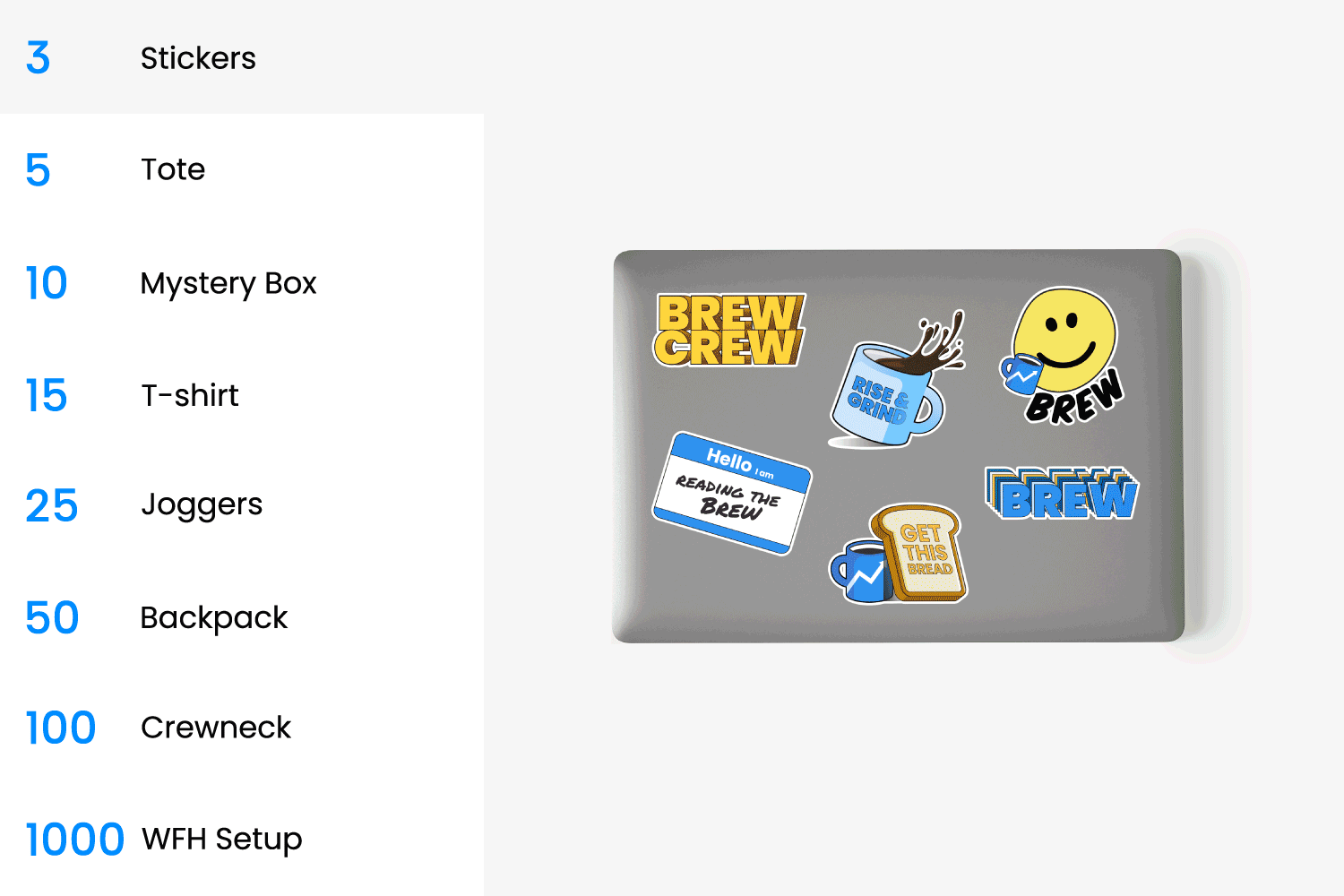It’s Monday! In the lead-up to Thanksgiving, how many of your tabs are for work, and how many are for Black Friday shopping, last-minute decorating ideas, or stuffing recipes?
In today’s edition:
🩺 PBMs x HR
 More than a number More than a number
 World of HR World of HR
—Courtney Vinopal, Kristen Parisi
|
|
Jetcityimage/Getty Images
The possibility that federal lawmakers could soon pass legislation targeting pharmacy benefit managers (PBMs) was raised several times when health companies CVS and Cigna Group reported third-quarter earnings on Nov. 2.
PBMs, which serve as intermediaries between drugmakers and insurers, work to negotiate prices and process claims. But over the past few years, they’ve come under scrutiny among lawmakers and regulators.
There is a concern among lawmakers that PBMs could be pocketing a high share of the discounts they secure for customers, and may not be transparent enough about their pricing. Just three PBMs—CVS Caremark, Express Scripts, and Optum Rx—control an estimated 80% of the market. PBMs’ control over which drugs are covered by insurance plans can lead to higher health costs and worse outcomes for patients, Healthcare Brew reported in April.
Legislation targeting PBM practices has already taken effect at the state level, while lawmakers in Washington recently voted to advance a package that takes aim at these entities. Such changes could have an effect on employer health plans and require HR pros to be more communicative with employees about the way their insurance works going forward.
Keep reading here.—CV
|
|
PRESENTED BY CAREERBUILDER
|
Here’s a revolutionary idea: Pay for what you get. With CareerBuilder, you pay only when their recruiting solutions succeed. So you can find the candidates you’re looking for without breaking the bank.
CareerBuilder’s new plans are built with your budget in mind. No more paying for useless clicks—pay only when real, interested candidates take action in an application, or pay per resume and access more than 41m candidates in CareerBuilder’s database.
The best part? Their plans are flexible and risk free. Increase or decrease your budget at any time with no worries and no long-term commitment.
And now through Dec. 8, get a $50 gift card for booking and attending a meeting with one of CareerBuilder’s pros. Win-win.
Chat with the experts.
|
|
Francis Scialabba
October was National Disability Employment Awareness Month (NDEAM), and employers including Amazon, Microsoft, and JPMorgan Chase all touted disability inclusion and hiring efforts in recognition.
Despite the month-long celebration of disabled workers, and a lower unemployment rate of disabled people in recent years, disabled people are still nearly twice as likely to be unemployed, and face discrimination in the workplace. They are also less likely to work in senior positions, something that has not improved in recent years, according to research from LinkedIn.
Emily Ladau, a disability rights activist, told HR Brew that some employers say they’re inclusive, but don’t show how they’re inclusive throughout the year. To shed light on this discrepancy, she sported a T-shirt that read “Not your diversity statistic” during NDEAM.
“It feels to me very inauthentic and it feels like it is simply focusing on meeting a particular moment,” she said. “But the rest of the year, [they do] not do very much to put any action behind that.”
Keep reading here.—KP
|
|
Francis Scialabba
Four-day workweeks, analyzing reports on the beaches of Ibiza, commuting to the office just some of the time. For some, this may sound like a glorious dream. But for others, it’s already a reality.
Where in the world? Littler’s 2023 European Employer Survey Report asked 780 HR professionals and business leaders in Europe about a range of issues, including workplace flexibility.
Just 30% of employer respondents said they require workers to be in-person full-time, including 43% of respondents in Spain, 33% in Italy, and 22% in Germany. However, the majority of respondents (58%) said they’re on a hybrid schedule, and 6% are fully remote. The report noted that these continental numbers are largely in line with last year’s report.
Satellite view. European and US employers have some similarities. For instance, the majority (71%) of US companies are also hybrid, while 16% want employees in the office full-time, 7% give employees the option to choose where they work, and 6% are fully remote, Littler’s 2023 US report found.
Keep reading here.—KP
|
|
Level up your career with these resources from our sponsors!
|
|
Francis Scialabba
Today’s top HR reads.
Stat: The average per-employee cost of health benefits rose by 5.2% in 2023. (Mercer)
Quote: “If your role is expected to work from the office 3+ days a week and you are not in compliance, your manager will be made aware and VP approval will be required.”—A leaked internal announcement from Amazon about its RTO policy, compliance with which may impact promotions (Business Insider)
Read: Employers must extend access to retirement plans to some hourly and part-time workers in 2024, thanks to the Secure Act. (CNBC)
Learn: Part of working in HR means making big decisions that affect your whole organization. Learn to use data and analytics to make those decisions confidently with our 1-week virtual Decisions with Data course, premiering Dec. 4. Enroll now!
Get real results: Build your dream team (+ stay on budget) with CareerBuilder. Browse risk-free, flexible plans where you pay only for results. Chat with a pro before Dec. 8 to get a $50 gift card.* *A message from our sponsor.
|
|
|
Share HR Brew with your coworkers, acquire free Brew swag, and then make new friends as a result of your fresh Brew swag.
We’re saying we’ll give you free stuff and more friends if you share a link. One link.

Your referral count: 2
Click to Share
Or copy & paste your referral link to others:
hr-brew.com/r/?kid=9ec4d467
|
|
|









